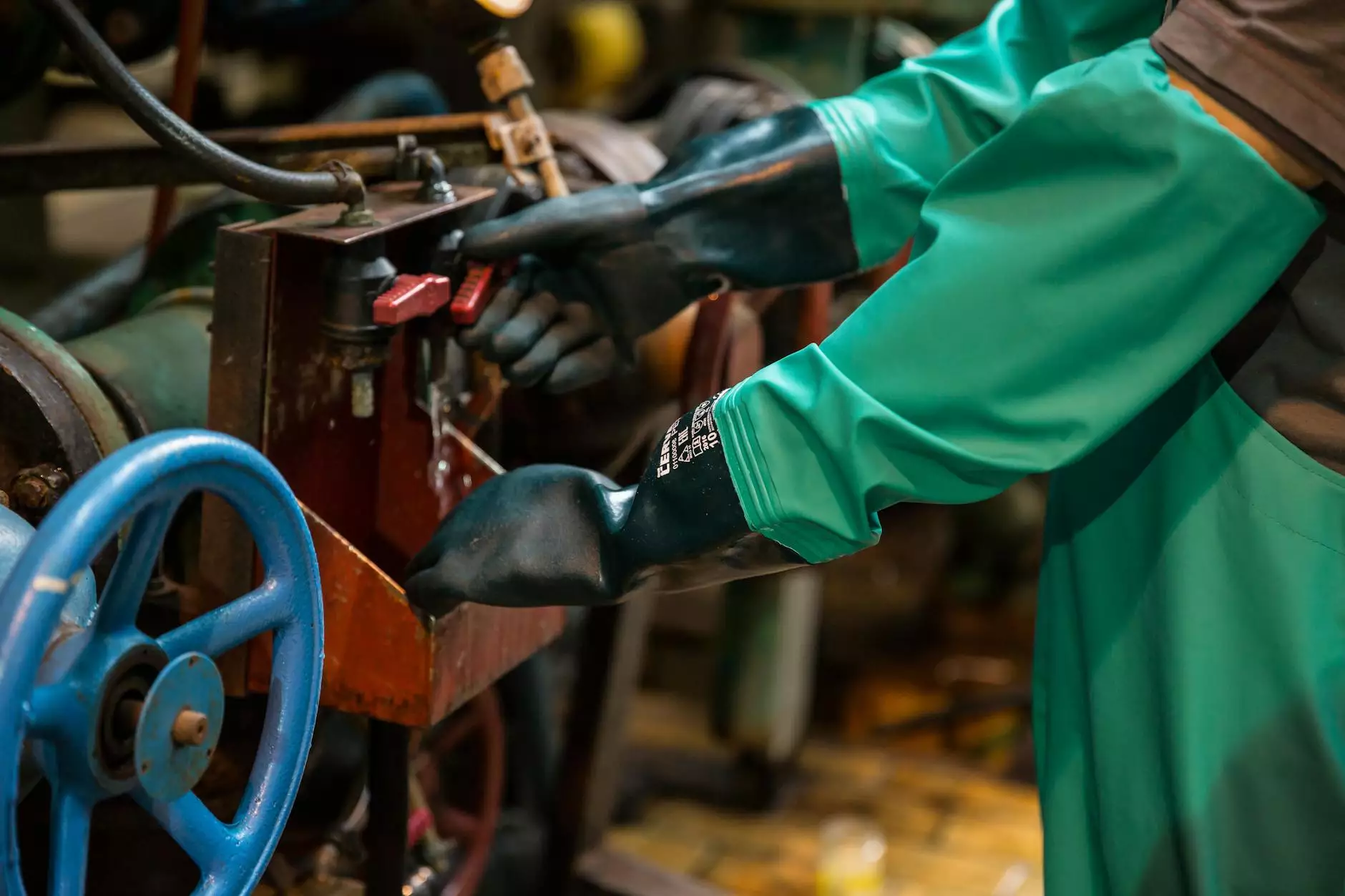Understanding the Importance of Valve Bodies in Automotive Applications

In the rapidly evolving world of automotive technology, valve bodies play a crucial role in ensuring the smooth operation of vehicles. These components, integral to transmission systems, are often overlooked in discussions about vehicle performance yet are essential for optimizing engine efficiency and enhancing driving experiences.
What is a Valve Body? Definition and Functionality
A valve body is a complex assembly within an automatic transmission. Its primary function is to control the flow of hydraulic fluid, which in turn regulates the movement of gears and clutches. This hydraulic control is vital for shifting the transmission smoothly and efficiently.
Components of a Valve Body
Understanding the components of a valve body is essential to appreciate its function:
- Valves: These are the heart of the valve body, directing fluid based on various conditions.
- Passages: These channels allow the hydraulic fluid to flow between different parts of the transmission.
- Solenoids: Electric components that control the valves, determining when and how to shift.
- Gaskets and Seals: These components ensure that hydraulic fluid remains contained within the valve body, preventing leaks.
The Critical Role of Valve Bodies in Transmission Performance
The performance of a vehicle's automatic transmission heavily relies on the functionality of the valve body. An efficient valve body allows for:
Smooth Shifting of Gears
When the driver accelerates or decelerates, the valve body ensures that the appropriate gear is engaged. A well-functioning valve body facilitates smooth transitions, enhancing the overall driving experience.
Improved Engine Performance
A properly designed valve body optimizes hydraulic pressure, which results in better engine performance. It reduces unnecessary strain on engine components, leading to enhanced fuel efficiency and longevity.
Minimized Wear and Tear
Regular maintenance of the valve body can significantly reduce wear and tear on the transmission. By ensuring that the hydraulic system operates correctly, vehicle owners can extend the lifespan of their transmissions.
Common Issues Related to Valve Bodies
Like any automotive component, valve bodies can encounter problems that may affect vehicle performance. Some common issues include:
- Delayed Shifting: This can result from clogged passages or faulty solenoids.
- Slipping Gears: This often occurs due to pressure issues within the valve body.
- Fluid Leaks: Gaskets and seals may wear over time, leading to hydraulic fluid loss.
- Erratic Shifting: A malfunctioning valve body can cause uncontrolled shifting, impacting driving safety.
Maintaining Your Vehicle's Valve Body
To ensure the longevity and efficiency of your vehicle's valve body, regular maintenance is crucial.
Routine Inspections
Having your vehicle inspected regularly by a certified mechanic can help identify issues early. Look for signs such as unusual noises or warning lights that might indicate valve body problems.
Fluid Changes
Maintaining the proper hydraulic fluid level is critical. Regular fluid changes prevent contamination and ensure optimum performance.
Professional Servicing
It’s advisable to have professionals service the valve body, especially if it shows signs of wear or damage. Professional mechanics can diagnose issues accurately and perform repairs or replacements if necessary.
Selecting the Right Valve Body for Your Vehicle
When it comes time to replace your vehicle's valve body, choosing a quality part is essential. Here are some factors to consider:
Compatibility
Ensure that the valve body you choose is compatible with your vehicle's make and model. Mismatched components can lead to poor performance.
Quality and Reliability
Opt for reputable manufacturers who provide warranties for their products, signaling reliability and quality assurance. High-quality replacements can prevent subsequent issues.
Cost Considerations
While it's tempting to choose the cheapest option, consider the long-term implications. Investing in a quality valve body often results in better performance and less frequent replacements.
The Future of Valve Bodies in Automotive Technology
As technology continues to advance, the design and functionality of valve bodies are expected to evolve. Innovations in automotive engineering look to improve the efficiency and responsiveness of valve bodies, potentially incorporating electronic controls and advanced materials for better performance.
Integration with Hybrid and Electric Vehicles
With the rise of hybrid and electric vehicles, the role of valve bodies might change significantly. Newer systems may require adaptations to handle different powertrains effectively.
Smart Technology Integration
Future valve bodies may integrate smart technologies that analyze driving behaviors and automatically adjust shifting patterns for optimal performance and fuel economy.
Conclusion: The Unsung Hero of Automotive Performance - Valve Bodies
In conclusion, the valve body is an essential component that significantly affects a vehicle’s performance, longevity, and driving experience. Understanding its functionality, maintaining it properly, and selecting quality replacements can make a world of difference for automotive enthusiasts and everyday drivers alike.
Whether you’re dealing with routine maintenance or facing issues with your transmission, be sure to consider the vital role that the valve body plays in your vehicle’s operation. For high-quality valve body parts, visit Shenghai Auto Parts, where we provide extensive options to meet your automotive needs.









